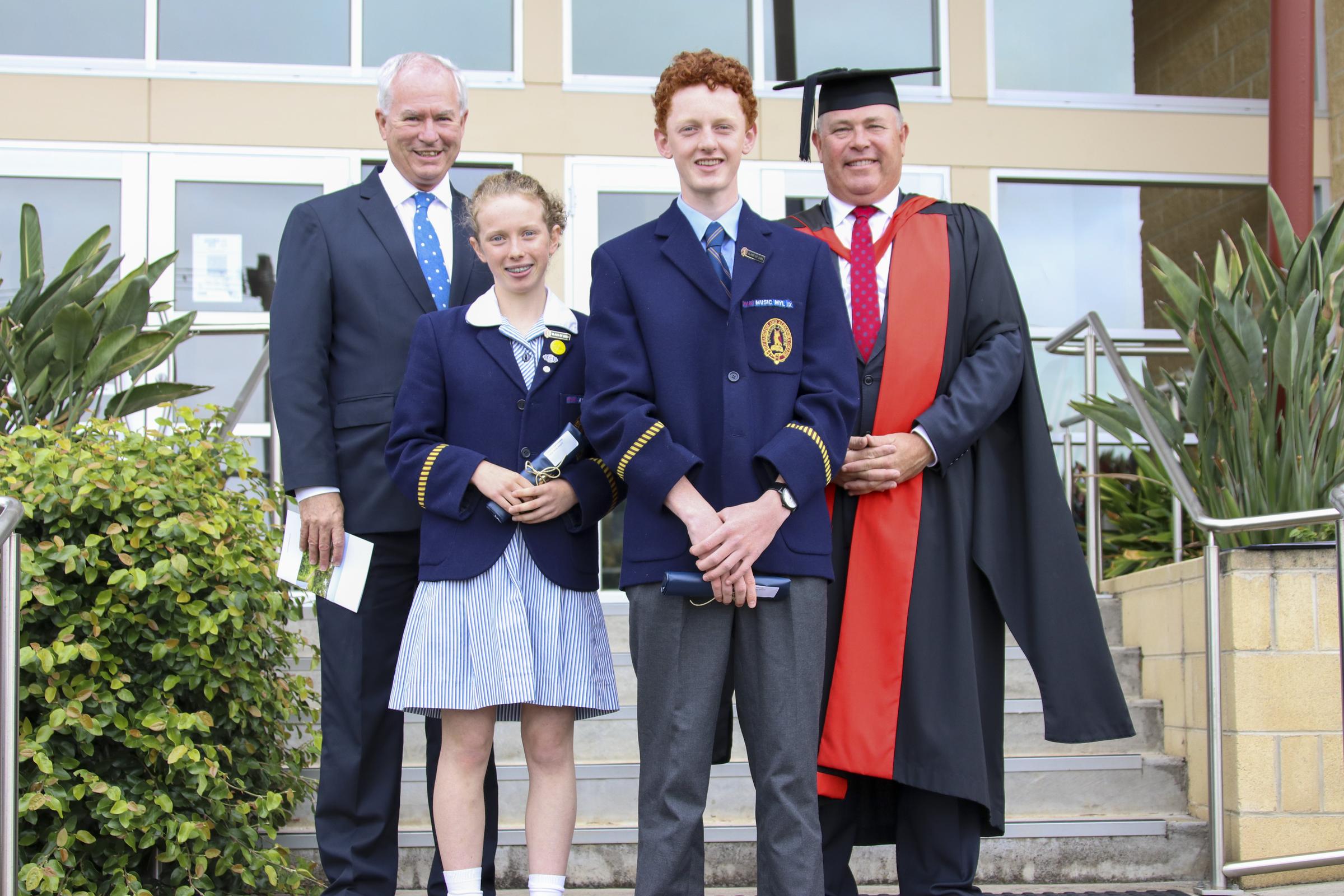Deputy Principal, Wellbeing
Wellbeing

Deputy Principal, Wellbeing
Wellbeing
Welcome back to all returning students and families, and a warm greeting to all families who are new to College. It has been lovely to see the students after the summer holidays and I think we are all in unison in the hope that this year will be more normal than last year. Fingers crossed we will see our international students return to face-to-face learning at some point throughout the year.
Over the holidays I read a number of interesting and thought provoking articles and books about young people and mental health, resilience, and parenting teenage girls and boys. My aim is to share some of these pieces with you through the newsletter each fortnight.
Raising Resilient Students
“Do not do for your children what they can learn to do for themselves.”
Julie Lycott-Haims, while Dean of Students at Stanford, wrote about the reduction in resilience in students. As parents and educators, we can fall into the over-helping trap or as Lycott-Haims labels it, the “lawnmower parenting” where as parents, we try and remove obstacles in a child’s journey to adulthood. It is often quicker for parents to do the job themselves or to ensure the job is done to the parents’ satisfaction, however taking these opportunities away from young people can contribute to lower levels of resilience. By over-helping, the message young people receive from parents is ‘I don’t trust you so I have to do it for you’.
By allowing young people to face challenges and difficulties, parents are empowering their child/ren through supporting their autonomy, encouraging voice and choice. By letting go and providing space for choices - the good and the bad - young people learn from successes and failures. Falling down is critical to learning how to pick oneself up. Young people learn to problem solve, manage their emotions, and most importantly, they can overcome obstacles in their young lives which aids in preparing them for bigger challenges in adulthood. Children and adolescents are capable of much more than adults assume they are. This is some interesting food for thought as we settle back into the routine of school and co-curricular after school activities.
My role as Student Counsellor is extremely rewarding as I get to form connections with students and see them progress through times of difficulty. If you have concerns about your child, please don’t hesitate to contact one of the following people: Head of House, Head of Middle Years (Mrs Julia Winter-Cooke), Head of Senior Years (Mrs Helen Reiher) or myself for a confidential chat and exploration of options that can be provided for your child.


Kate Couchman
Student Counsellor